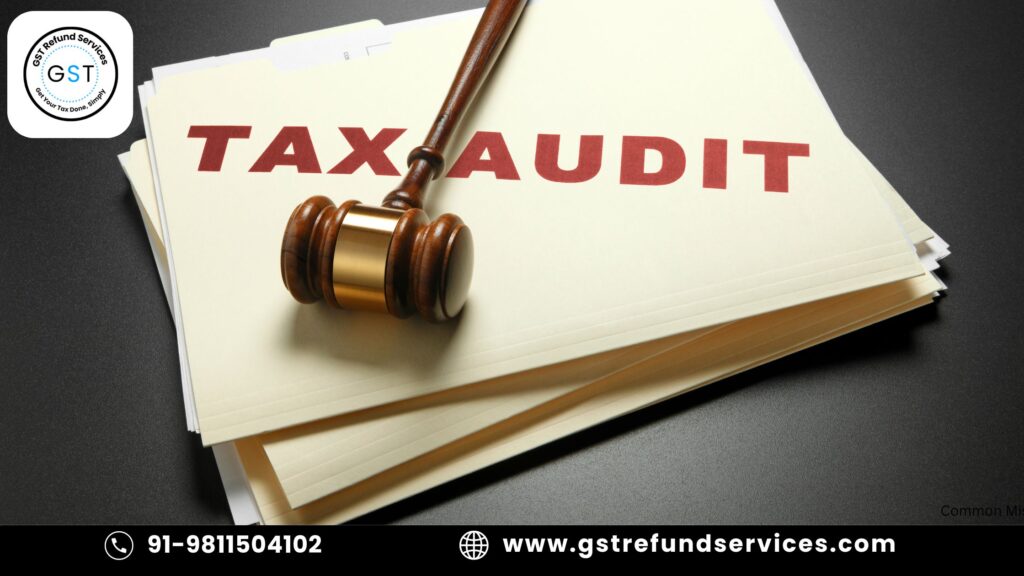
Applying the GST The Annual Return, A Comprehensive Guide for 2024 is a required obligation for organizations enrolled under India’s Goods and Services Tax (GST) system. An exhaustive accounting of all the transactions that took place throughout the fiscal year, including the import and export of supplies, is included in the annual return. Form GSTR-9 is typically used for filing. Businesses must ensure that sales, purchases, input tax credits (ITC), and tax payments are properly documented for the fiscal year 2023-2024.
Key Points to Remember:
Knowledge GST Monthly Form Filing for the Tax Year 2023-2024: An In-depth Overview
As the closing date for preparing the GST Annual Return for the tax year 2023-2024 gets closer, organizations must be completely organized to ensure accurate and on-time submission. The GST regime has a number of compliance treatments, the most fundamental of which is the filing of the annual return in Form GSTR-9, which illustrates all transactions taking place during the fiscal year. Here, we’ve broken down the key points you should keep in mind as you prepare for the December 31, 2024 filing deadline.
1. Due Date: The Countdown Begins
When the authorities authorize a formal implication, the GST Annual Return for fiscal year 2023-2024 needs to be filed by December 31, 2024. Achieving this date is important; refusal to do so could end in penalty fees. To prevent an emergency, start gathering the pertinent information as early as necessary.
2. Reconciliation: Avoid Discrepancies
Each of the most significant steps in giving the annual GST return is comparing data from your quarterly or monthly statement (GSTR-1 and GSTR-3B) with the annual report (GSTR-9). These forms give particular information on outward supplies and tax liabilities, whereas GSTR-3B indicates tax payment status.
Any discrepancy between the data submitted on GSTR-1, GSTR-3B, and GSTR-9 may result in queries from taxing agencies, potentially leading to penalties or audits. To avoid this, firms must ensure that all sales and transactions, as well as tax payments made during the financial year, are consistent with what’s declared on all returns.
3. ITC assertions: Optimizing the Information Input Tax Credit
Input Tax Credit (ITC) plays a significant role in reducing your GST liabilities. It permits firms to claim credits for revenue paid on inputs, assets, and services utilized for commercial purposes. Therefore, it’s vital to ensure that all allowable ITCs are accurately claimed in the annual return.
Missed or erroneous ITC claims can lead to financial losses for your business, as they may result in additional tax payments. Furthermore, unclaimed ITC can no longer be claimed once the deadline for filing the annual return passes. Businesses should review their ITC claims for each month or quarter and ensure that they have all the required supporting documents, such as tax invoices and payment receipts, to support their claims.
4. GST Audit: A Must for High Turnover Businesses
If a company’s turnover outshines the agreed-upon level (₹2 crores for most firms), you additionally have to submit a GST audit statement in Form GSTR-9C. This audit report needs to be checked by a Chartered Accountant or Cost Manager. The GST auditing has the goal of checking the accuracy of tax returns received and ITC claims.
The auditing procedure entails an exhaustive examination of your financial records, comprising a comparison of the data in your GST returns to the information in your audited financial statements. Differences must be corrected before supplying the final GSTR-9C. To meet submission deadlines, businesses must verify that their books of account are in order and begin the audit process as early as appropriate.
5. Penalties: The Cost of Late Filing
Late completion of the GST return every year may result in fines. Late filing receives a penalty of ₹200 per day (₹100 for CGST and ₹100 for SGST), up to a maximum amount of 0.25% of the corresponding financial year volume. Late costs may also be assessed, and any tax that remains due will be characterized by interest.
To avoid sanctions, begin assembling your GST return long in advance of the deadline. Maintaining and keeping your books of accounts, matching your returns, and making punctual payments on tax liabilities can all help you comply with regulations.


